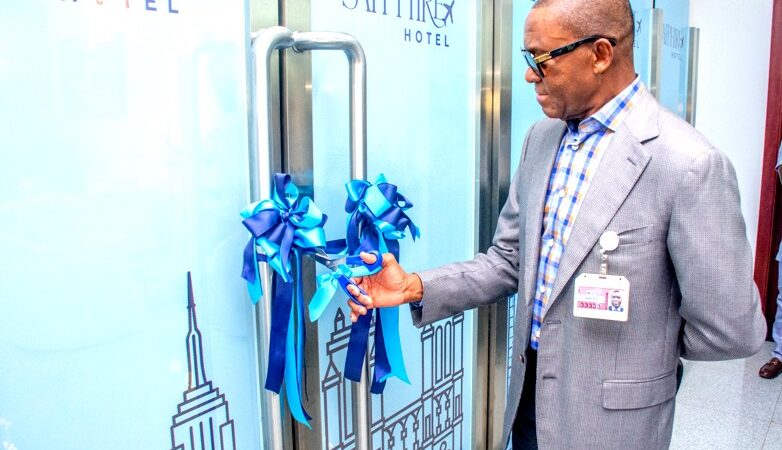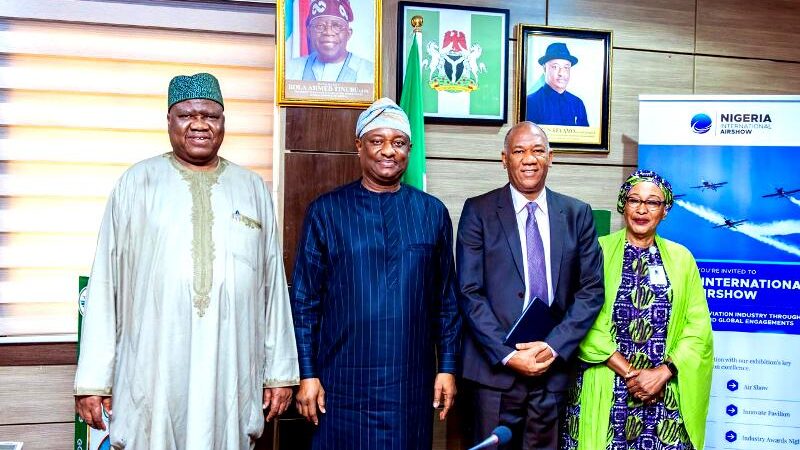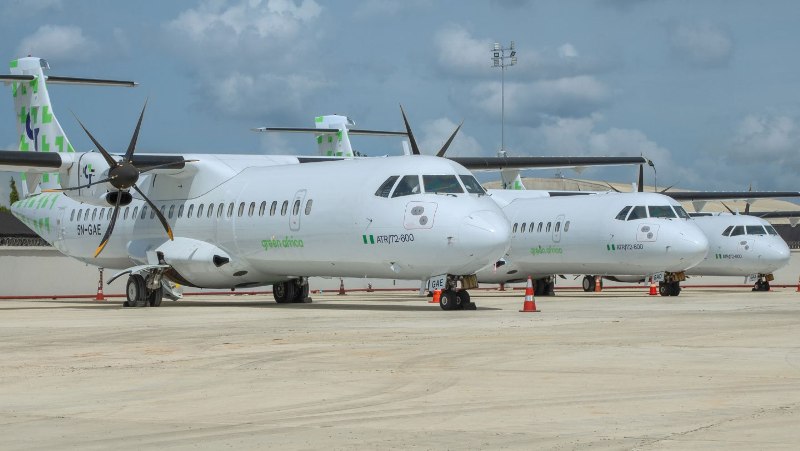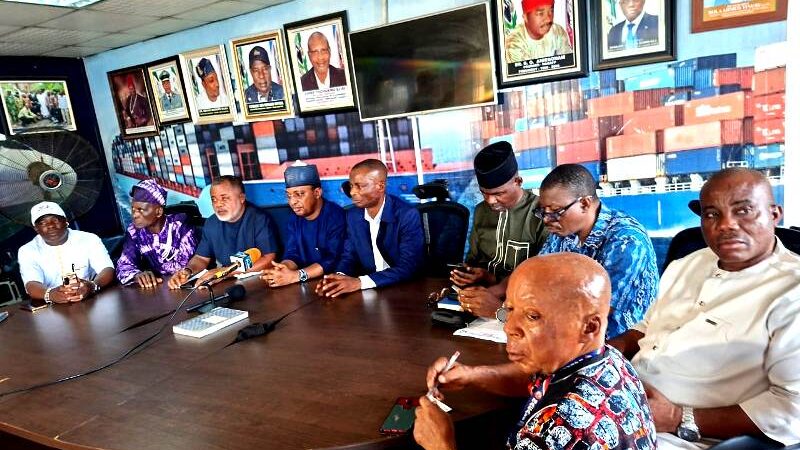Iyayi Wants Government To Review Nigeria’s Aviation Industry Deregulation, 5% TSC
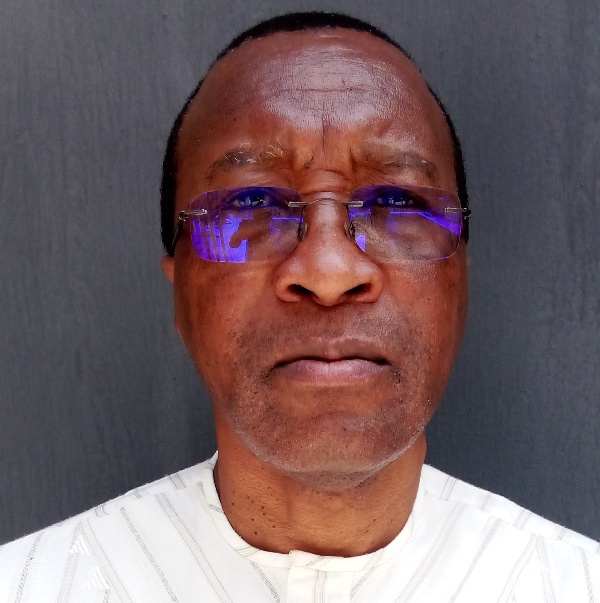
The Chief Executive Officer of TopBrass Aviation, Mr. Roland Iyayi has called on the federal government to review the Ticket Sales Charge (TSC) remitted to Nigeria Civil Aviation Authority (NCAA) by airlines and re-evaluate the deregulation of Nigeria’s aviation industry that was carried out in 1982.
Speaking in an exclusive interview with Aviation Monitor, Iyayi said: “There is a need for the government to review a lot of policies. Most of the policies we have today are policies that were there because of the context in the time which we had them. For us to make progress, government has to review some of them. Besides, most of these policies were born out of knee-jack reaction.
In Nigeria, what we have always done is to apply a model nonetheless whether or not it works and to see the consequences of our actions. We should have done impact assessment before applying what is done in other climes. For instance, today, the CAA charge of 5% TSC was introduced in the Federal Civil Aviation Authority (FCAA) days when aviation was just a department in the Ministry of Transport. Today, aviation is a full blown ministry. Why was it introduced? It was introduced because the FCAA was told that it would no longer be given funding by the government and the leadership of the FCAA at the time, which included today’s NAMA, FAAN and NCAA, decided in its wisdom that in order to continue to have funding, it would introduce the 5% TSC. What that meant was to introduce a surcharge of 5% to every ticket sales in the country. The traffic then was about two million passengers. Today, traffic is 12 million. It is important to understand that the imposition of this charge is for cost recovery. All the agencies in aviation were structured for cost recovery. If that is the case, how come the CAA and FAAN are remitting funds to the government under the guise Internally Generated Revenue? Are they generating revenue for the government or are supposed to use that funds to provide facilities or generate systems for aviation? The point here is that we had a system introduced to address a particular problem at the time it was introduced. In the last four decades, we have not reviewed the continued relevance of that policy. We have not done any impact assessment or variable study to show that the purpose for which it was designed has been fulfilled. Is TSC applicable today? If yes, why is NCAA now the 4th highest revenue generating agency of the federal government? The NCAA is remitting $500 million to the federal government annually? This is money that ought to be for the airlines to grow. If the airlines don’t exist, how will the industry grow?
Again, deregulation. When you deregulated in 1982, what buffers did you put in place to ensure that the deregulation helps the market grow? Has that policy been reviewed since 1982? The answer is No! When the United States deregulated, they introduced buffers. So, there is a huge potential in the industry but how affordable is air transport? The essence of deregulation is to make air transport affordable. Low cost carrier service is not available in Nigeria because airlines are not allowed to unbundle their tickets. The regulator will not allow you to unbundle because they think this will reduce their 5% TSC. Instead of providing competition based on fares, we are providing competition based on capacity.”

